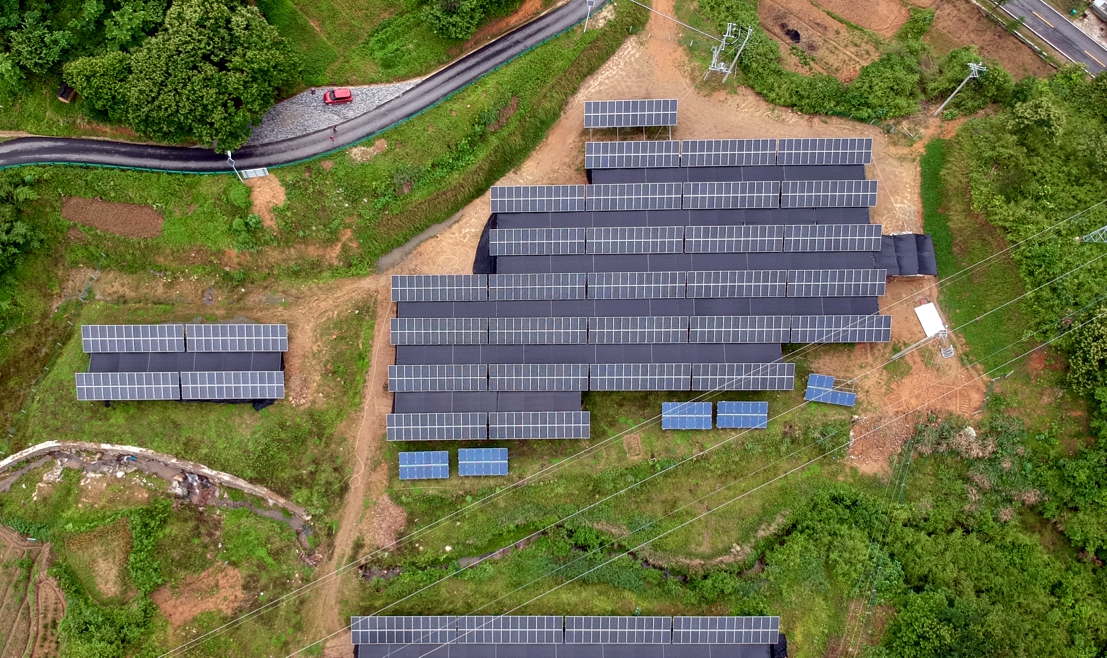Nation plays key role in climate change debate
When the United States walked away from the Paris agreement on climate change last year, it left China as the most significant player in the debate.
When the United States walked away from the Paris agreement on climate change last year, it left China as the most significant player in the debate.

The Paris agreement is an accord signed in 2015 within the United Nations Framework Convention on Climate Change that sets out a series of goals to deal with global greenhouse gas emissions mitigation and finance, starting in 2020.
The goals of the agreement were ambitious, but the text was vague in detail and left some nations wondering if the agreement had any real teeth or whether it favored rich countries.
The ongoing UN Climate Change Conference in Katowice, Poland, is tasked with finalizing the implementation guidelines for the agreement, and China has been a solid supporter of the accord's principles.
Xie Zhenhua, the country's special representative on climate change affairs, has said it will continue to play a leading role in global efforts.
He made the remark on Sept 14 at a news conference after the three-day Global Climate Action Summit in San Francisco in the US.
During the summit, 10 Chinese philanthropic organizations, foundations and research institutions launched the Global Climate Action Initiative with a view to giving full support to the Chinese government as it acts to honor a series of climate change commitments made by President Xi Jinping.
These commitments include making a national contribution to the global effort to curb climate change, promoting South-South cooperation on this, and building a "green" Belt and Road Initiative.
Chinese society and the international community have been urged to respond actively to climate change and take immediate action to encourage sustainable development in order to achieve a global ecological civilization.
Xie said, "China has overcome enormous difficulties and made enormous contributions (to global climate efforts)."
The country pledged to peak greenhouse gas emissions by around 2030; lower such emissions per unit of gross domestic product by 60 to 65 percent from the 2005 level; increase the share of nonfossil energy in total energy consumption to about 20 percent; and increase the forest stock volume by about 4.5 billion cubic meters from 2005 levels.
According to Xie, China has invested more than $127 billion to develop renewable energy, ranking it first in the world in this respect for six consecutive years. Its renewable power installed capacity reached 650 million kilowatts last year, accounting for 30 percent of the global total, he said.
"China has made remarkable achievements in renewable energy development. Its new technologies and large-scale manufacturing have greatly reduced the cost, allowing renewable energy sources to compete with traditional energy sources," he added.

